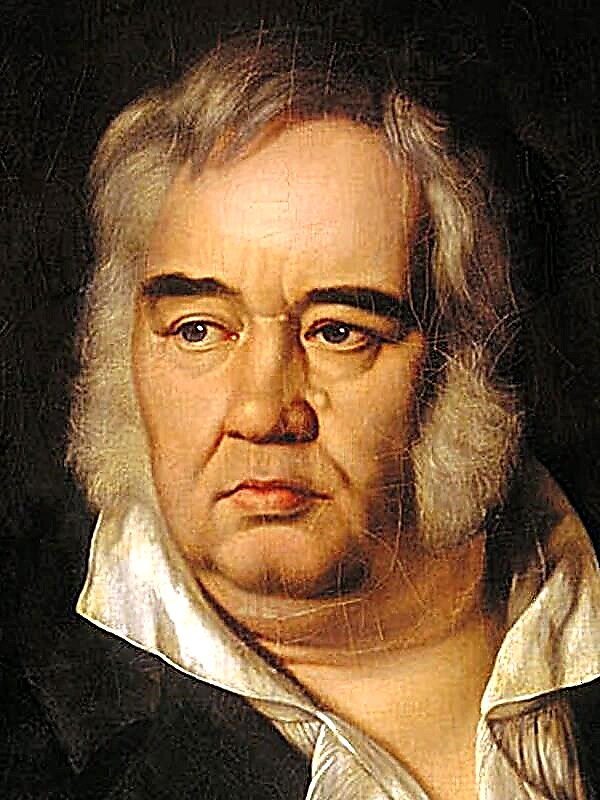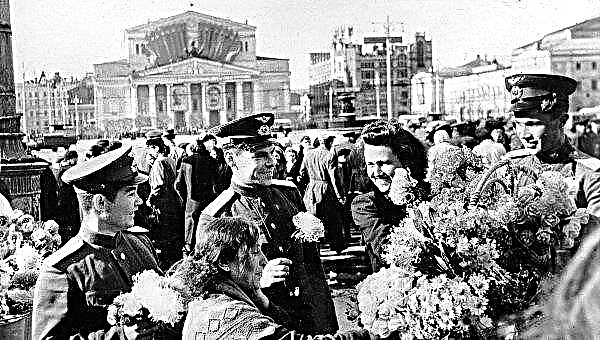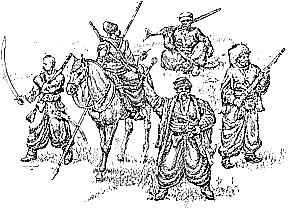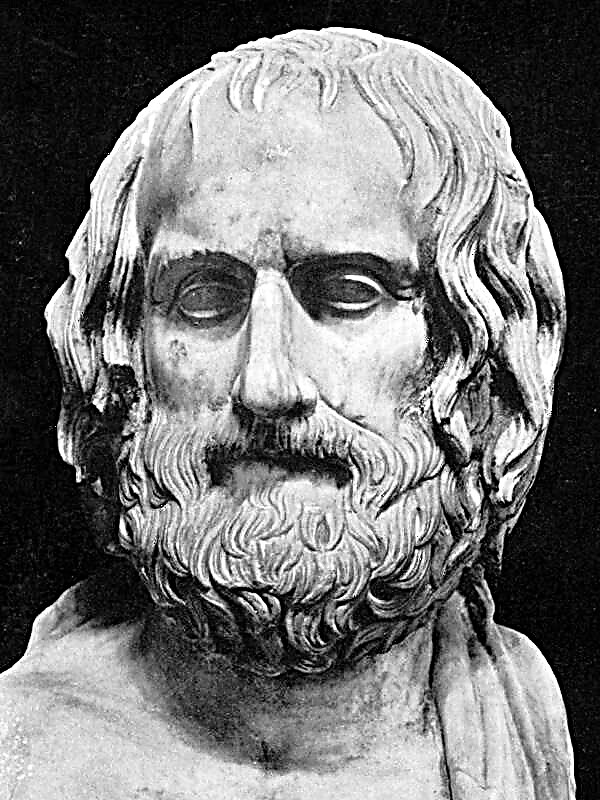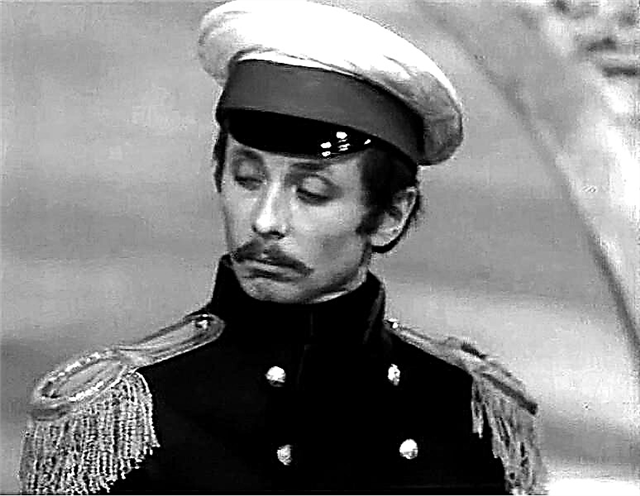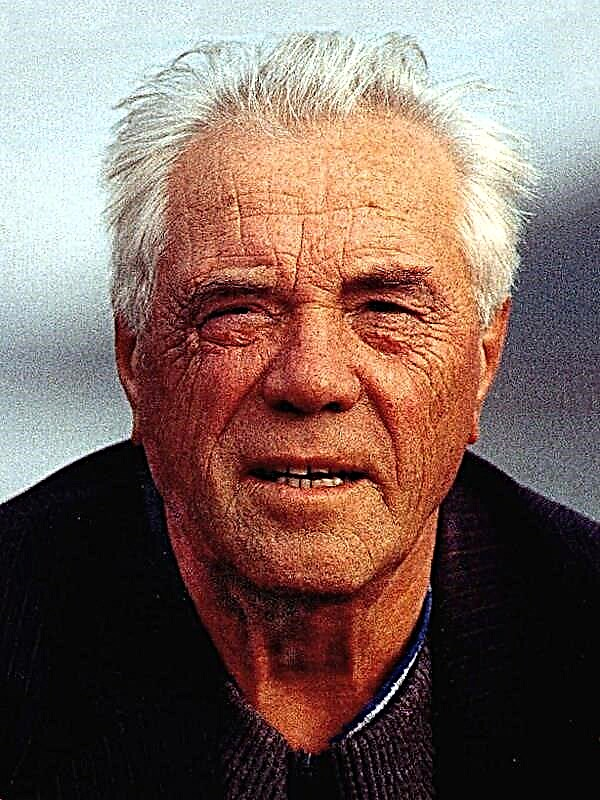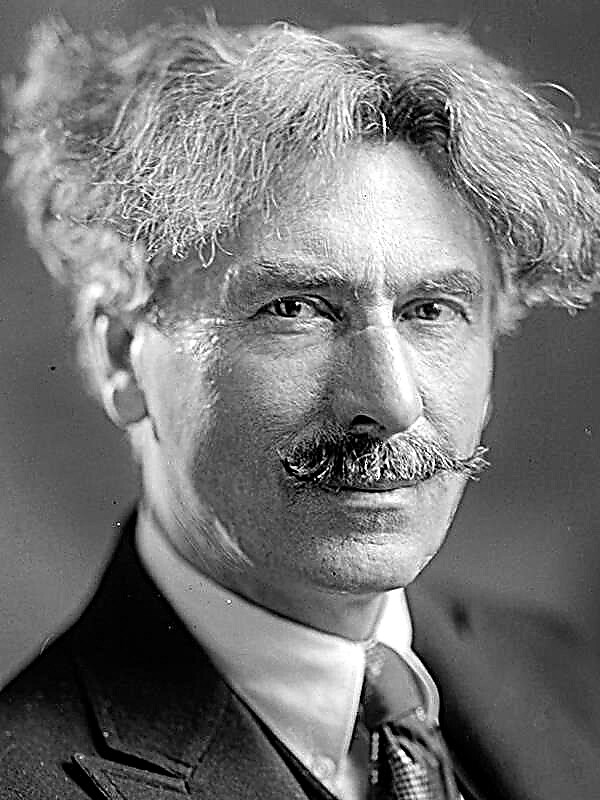Share
Pin
Tweet
Send
Share
Send
Ingratitude is a moral problem that affects many people, so it is often found in texts to prepare for the exam. In this collection we have given several literary examples on this issue. All of them are available for download in table format.
Thanks to parents
- Ivan Sergeevich Turgenev, “Fathers and Sons”. Nikolai Petrovich Kirsanov alone raised his son Arkady and tried his best to give his son all the best. Arkady respects him and feels gratitude towards his parent. So, upon arrival from the university, a young man shows attention to his father, worries how long he waited at the station, kisses him, asks for news. That is, despite the fact that Arkady does not speak directly about love and gratitude, he expresses this in his actions. Moreover, Arkady reacts with kindness and understanding to the sometimes inappropriate and ridiculous statements of Kirsanov Sr.
- Leo Tolstoy, “Childhood. Adolescence. Youth". Nikolenka is brought up in a large family, where both father and mother are madly in love with their children. The boy is delighted with his mother, has the most tender feelings for her, respects her requests and decisions. After the death of his mother, Nikolenka recalls her childhood and realizes that his childhood was so happy thanks to his parents, especially his mother. Despite the fact that the hero no longer has the opportunity to thank his mother, he often remembers her and always feels gratitude.
Gratitude to strangers
- Alexander Sergeevich Pushkin, "Captain's Daughter." On one of the rainy days, on the way to Orenburg, Pyotr Andreyevich Grinev gets into a severe snowstorm. In bad weather, a stranger helps him find the way. The hero, wanting to thank his savior, gave him his sheepskin coat. As it turns out later, this stranger was the future leader of a major peasant uprising Emelyan Pugachev. Then the characters meet again, and the rebel, who has already become the head of the rebellious people, pardons Peter and orders not to hang him on the gallows. So, here we see a vivid example of gratitude on the part of both men. However, Grinev does not expect anything in return from the Cossack. So is Emelyan Pugachev - initially he did not count on the support of the nobleman, but freed him from the gallows only from a good old memory.
- In Russian folklore gratitude has always been one of the main qualities of a positive hero, who in the final deserved well-deserved happiness. So, in the fairy tale “Frost”, the stepdaughter, abandoned in the forest at the insistence of her stepmother, showed meekness and courtesy in relation to Frost. He forced her to become embittered, rude, but the girl was still kind and sweet, although she froze at his will. She only thanked the old man for worrying about her condition. Then he awarded the damsel a rich dowry and spared her. But he froze the half-sister of the heroine, since she was rude and impudent. For all the benefits that her parents showered, the girl did not show the slightest desire to give the family due respect.
Ingratitude problem
- Denis Ivanovich Fonvizin, “Undergrowth”.
The main role in the education of Mitrofan is played by his mother, Mrs. Prostakova. The landowner hires the son of teachers in various subjects, takes care of him, satisfies all his desires. However, Mitrofan is lazy and refuses to engage with teachers, is rude to her mother and brings her to a faint. Despite the fact that Mrs. Prostakova is stupid and her own lack of education, she loves her son. But Mitrofan does not show gratitude to his mother, he does not want to listen to her. Thus, D.I. Fonvizin presents us with a vivid example of how parents are ready to do anything for their children, and they, in turn, do not appreciate this and do not consider it necessary to thank the family for their care. - Alexander Sergeevich Pushkin, “Station Warden”. Station superintendent Samson Vyrin lived happily with his daughter Dunya near the station. The father gave her everything she needed, took care of her daughter after the death of her mother, sparing no strength. Once an officer drove past the station, who liked the young and beautiful Dunya. After some time, the girl, without telling her father, left with him and did not make herself felt. She neglected the feelings of the only native person who loved and protected her immeasurably. In addition, the heroine did not even try to contact her elderly parent. The ingratitude and peculiar cruelty of the Duni act led to the deterioration of Samson Vyrin's health and accelerated his death.
Share
Pin
Tweet
Send
Share
Send

